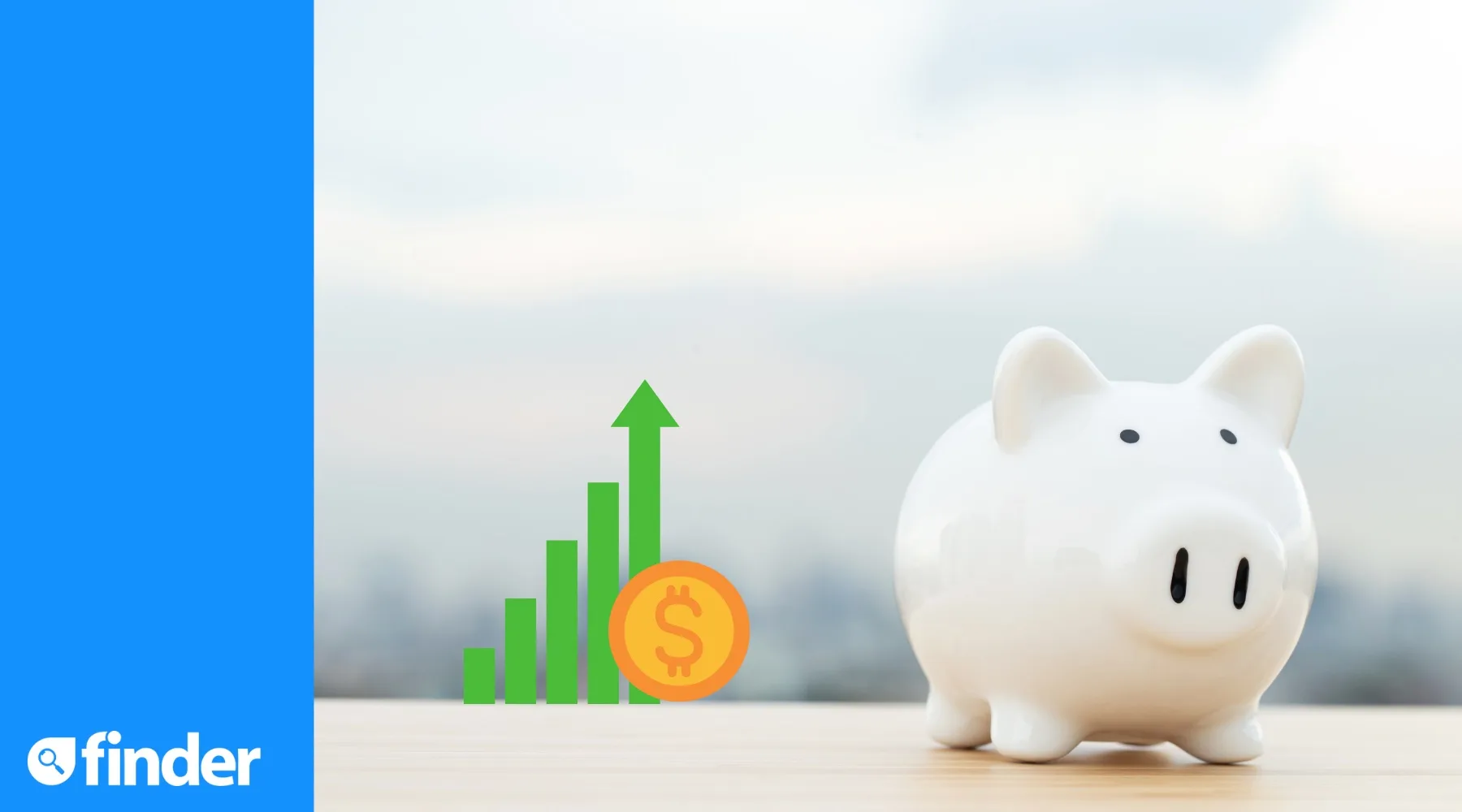4 myths about compound interest

Compound interest is crucial to your financial future, but people regularly misunderstand it. Don't be one of them.
Compound interest isn't complicated. Here's the quick 101 version:
- You put $10,000 in a savings account which earns 10% interest each year.
- After the first year, you have $11,000.
- After the second year, you have $12,100.
- Not only did you earn interest on your original deposit, you've also earned interest on the interest from the first year.
Simply put, you've scored $2,100 for doing literally nothing. The longer this goes on, the bigger the gains. In our example, after 10 years you'd have a whopping $27,100.
Stacking up those gains is why compound interest is so crucial to financial success. But simplicity doesn't mean people aren't confused about how it works, or how to best exploit it.
The myths
- Compound interest is always good news
- Compound interest is irrelevant when interest rates are low
- Compound interest earnings are swallowed up by other fees
- Inflation means compound interest is pointless
1. Compound interest is always good news
The reality: When you're saving money, compound interest is great. But when you're in debt, it's a curse.
For most of us, some debt is unavoidable. We'll take on a mortgage because experience shows our property value will generally rise, and because we don't have a spare million dollars lying around. Also, we need somewhere to live.
But if our debt doesn't ultimately result in a gain, compound interest is a killer. Paying interest on a credit card debt at 19.94% (the average rate in Australia) is a recipe for ongoing financial failure. Make compound interest work for you, not the bank.
2. Compound interest is irrelevant when interest rates are low
The reality: Interest rates on savings accounts aren't very impressive at the moment. If you're getting more than 1% right now, you're doing well. But that doesn't mean compound interest won't help.
Let's take our original example of $10,000 in a bank account. After 10 years at 1% interest, that would be worth $11,000. That's certainly not spectacular, but it's still an extra $1,000 you wouldn't have otherwise. And if you deposit $100 every month over 10 years at 1%, you'll end up with $14,360.
The higher the rate and the more you can save, the better you'll do. But compound interest helps increase your savings even when rates are low.
3. Compound interest earnings are swallowed up by other fees
The reality: Bank fees exist, but that doesn't mean that your interest earnings are doomed to disappear.
It means you need to choose an account with a high interest rate and which doesn't charge fees.
The reality: Even if inflation is high, compound interest is still better than nothing, and arguably even more important.
Inflation (the decreasing purchasing power of money) haunts us all. In Australia, the Reserve Bank has a target goal rate of 2-3% for inflation. If you can't earn at least that much from your savings accounts or investments, doesn't that mean you're actually going backwards?
It is technically true that if the interest rate paid is less than the current rate of inflation, money in a savings account may not be worth as much in real terms when you withdraw it. But leaving it somewhere where it earns no interest means you'll be even worse off.
At the end of the day, compound interest will help cushion the blow of inflation.
Want to learn more about compound interest and inflation? Find out how inflation may be giving you an invisible pay cut, how compound interest can supercharge your wealth, or compare high interest savings accounts.
Ask a question
